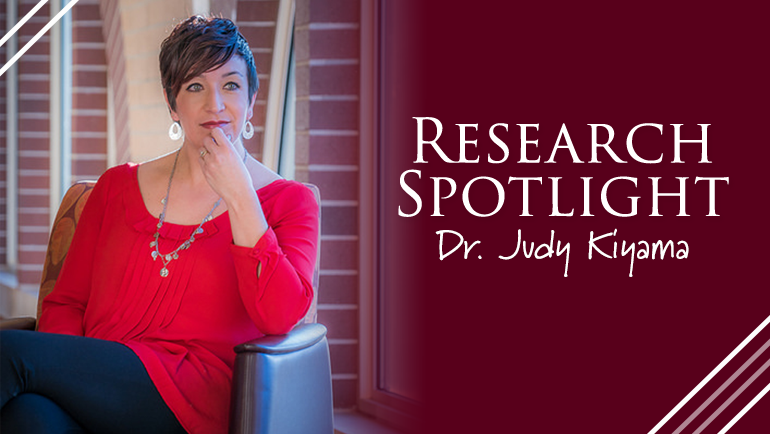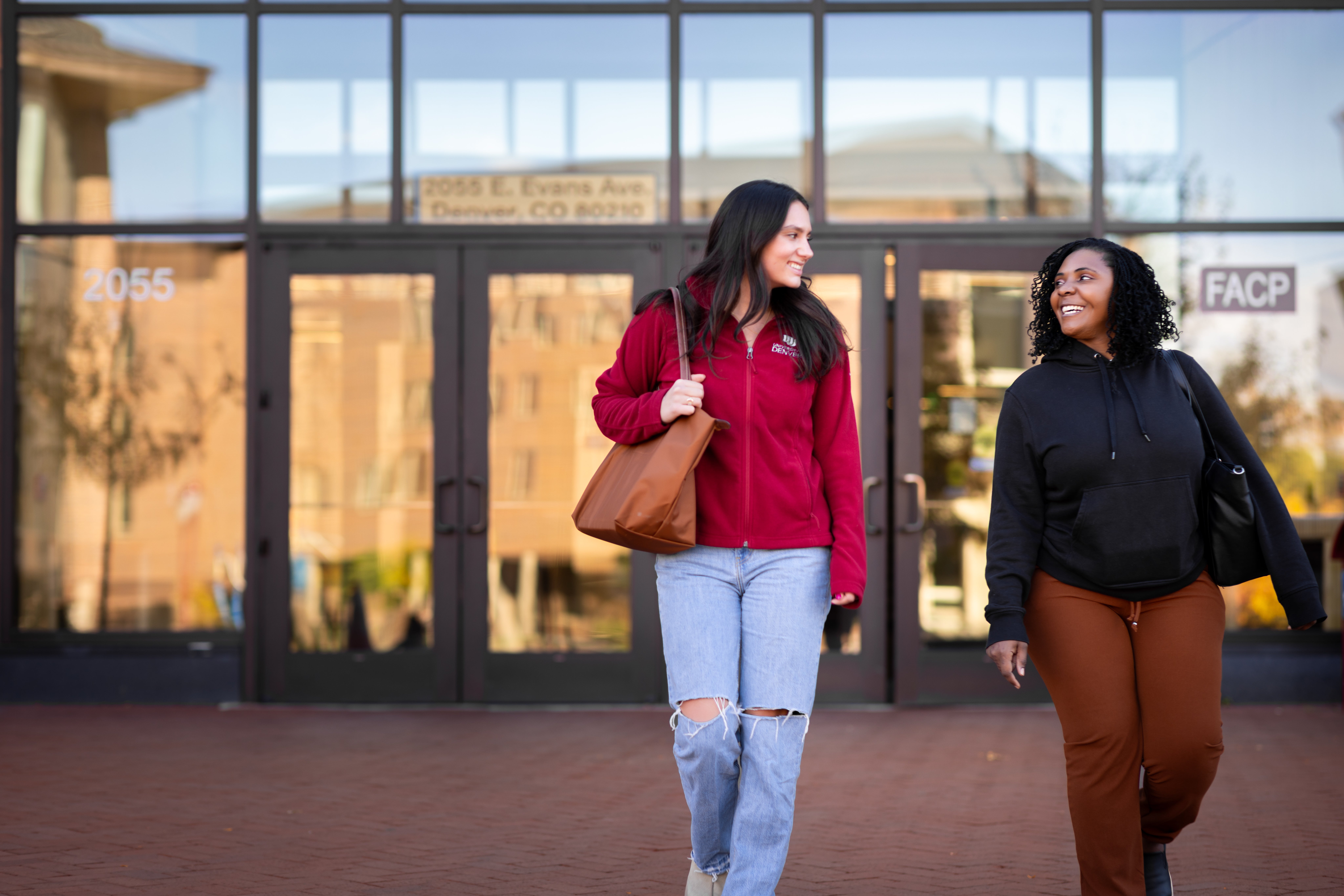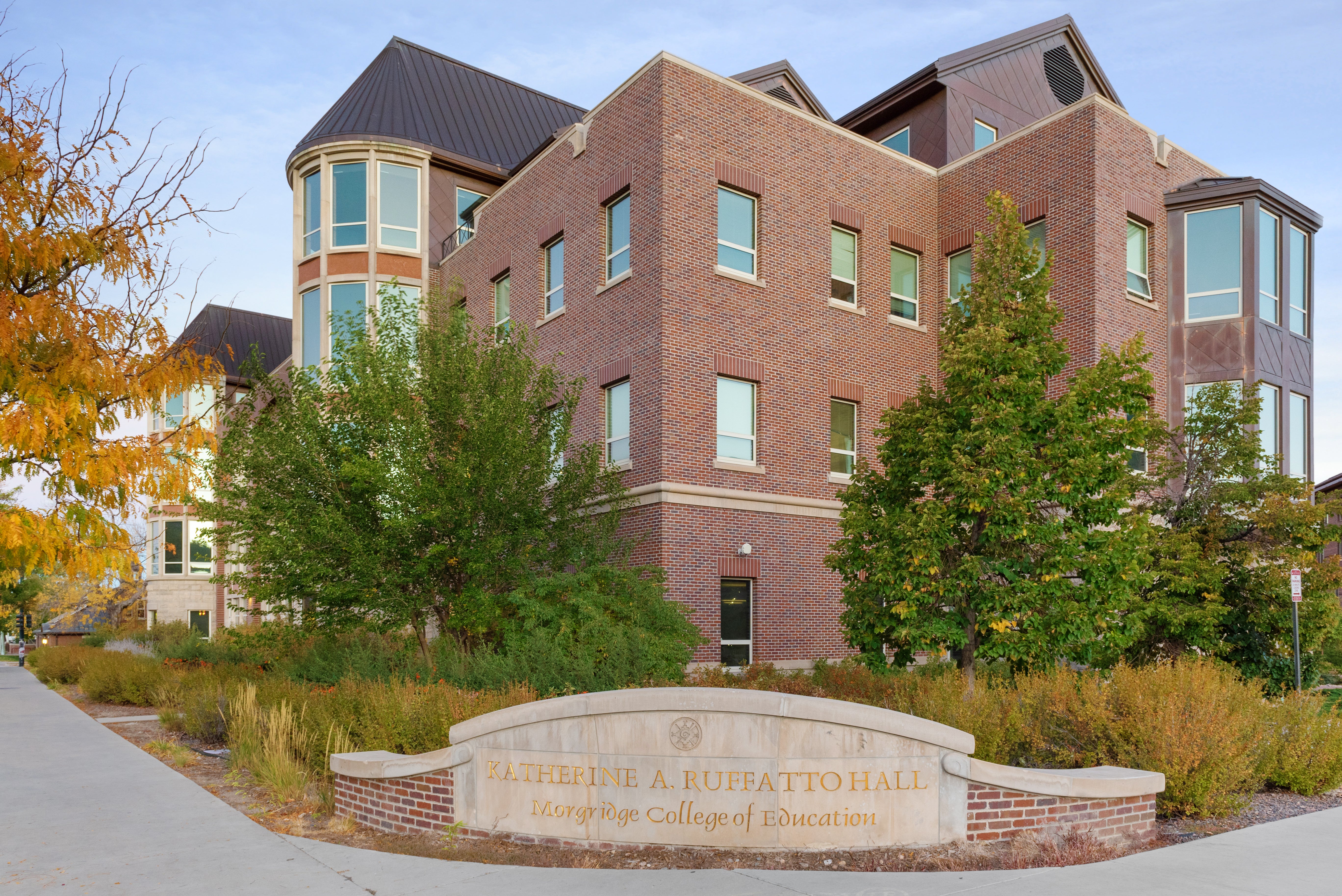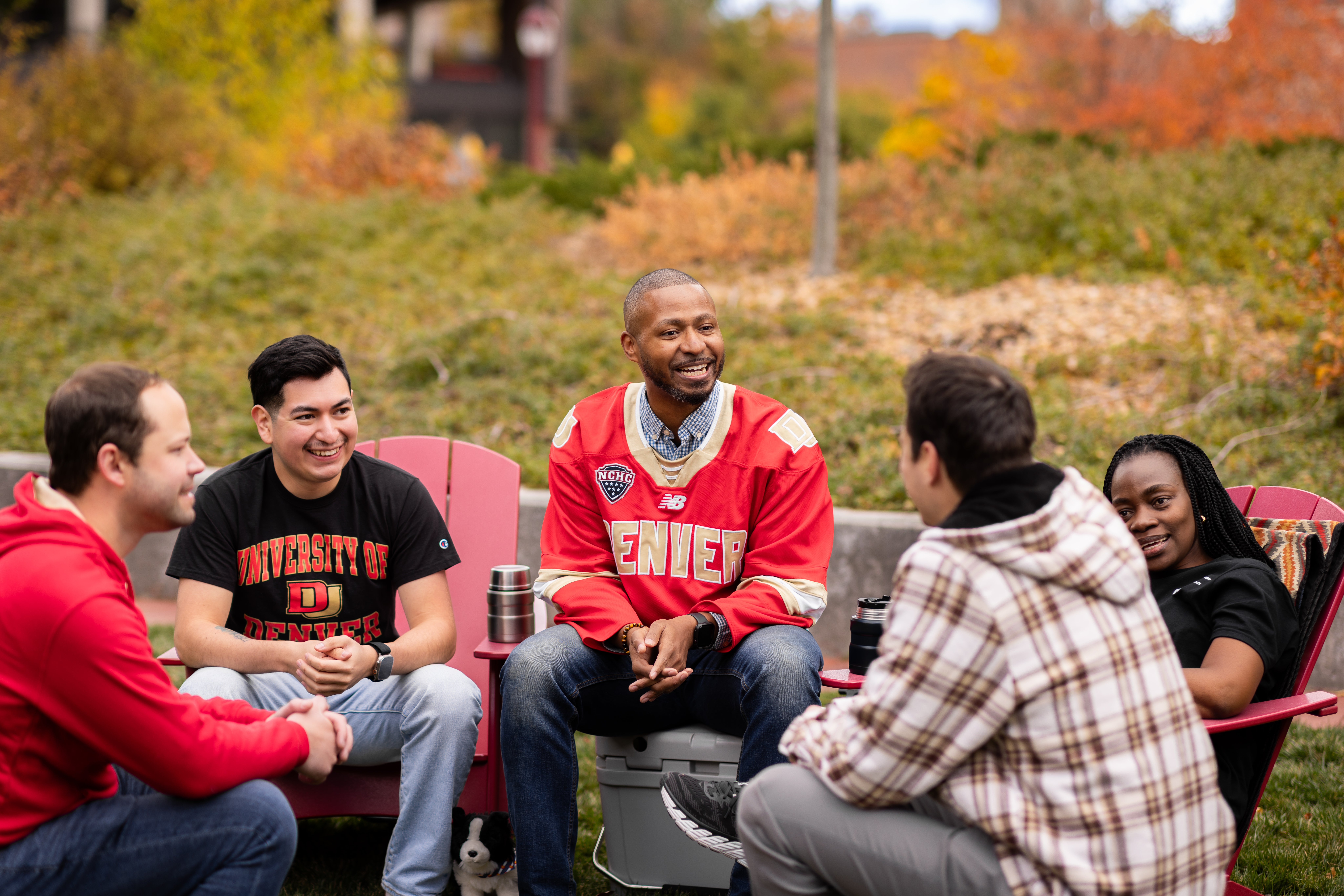Kiyama’s New Book Explores Funds of Knowledge
To Dr. Judy Marquez Kiyama, bringing cultural background to work is second nature. Her new book, co-authored with her long-time collaborator Dr. Cecilia Rios-Aguilar, “Funds of Knowledge in Higher Education,” explores and makes a case for honoring students’ cultural experiences and resources as strengths.
Kiyama explains, “This is something of a K-12 construct. We know that within individual cultures, knowledge is shared and passed on and in a K-12 environment it is part of the instruction.”
For example, if you live within a Latinx community and your neighbor knows how to work on cars and your mom knows how to cook, you trade cultural and practical knowledge to build a knowledge base. Children from these communities arrive to school with knowledge of their culture and it becomes a vital part of their education. But what about applying the same construct to higher education research and teaching?
Refining and building on the concept in a sophisticated and multidisciplinary way, Kiyama’s book uses a funds of knowledge approach and connects it to other key conceptual frameworks in education to examine issues related to the access and transition to college, college persistence and success, and pedagogies in higher education.
Research on funds of knowledge has become a standard reference to signal a sociocultural orientation in education that seeks to build strategically on the experiences, resources, and knowledge of families and children, especially those from low-income communities of color. Challenging existing deficit thinking in the field, the book applies this concept to and maps future work on funds of knowledge in higher education.
Kiyama’s research is organized in three interconnected areas: the role of parents and families; equity and power in educational research; and underserved groups as collective networks of change. As an Associate Professor of Higher Education, she is in a unique position to put her research into practice in her classroom.
“I see the classroom environment as an opportunity to converge research, teaching, and service and draw on frameworks like funds of knowledge used in my research, to construct inclusive pedagogical spaces,” she said. “As such, the goals of learning process are created alongside students, with home, cultural, and experiential knowledge steering the direction of our scholarship.”
Kiyama’s book is published by Routledge Press and available in print and digital editions.



